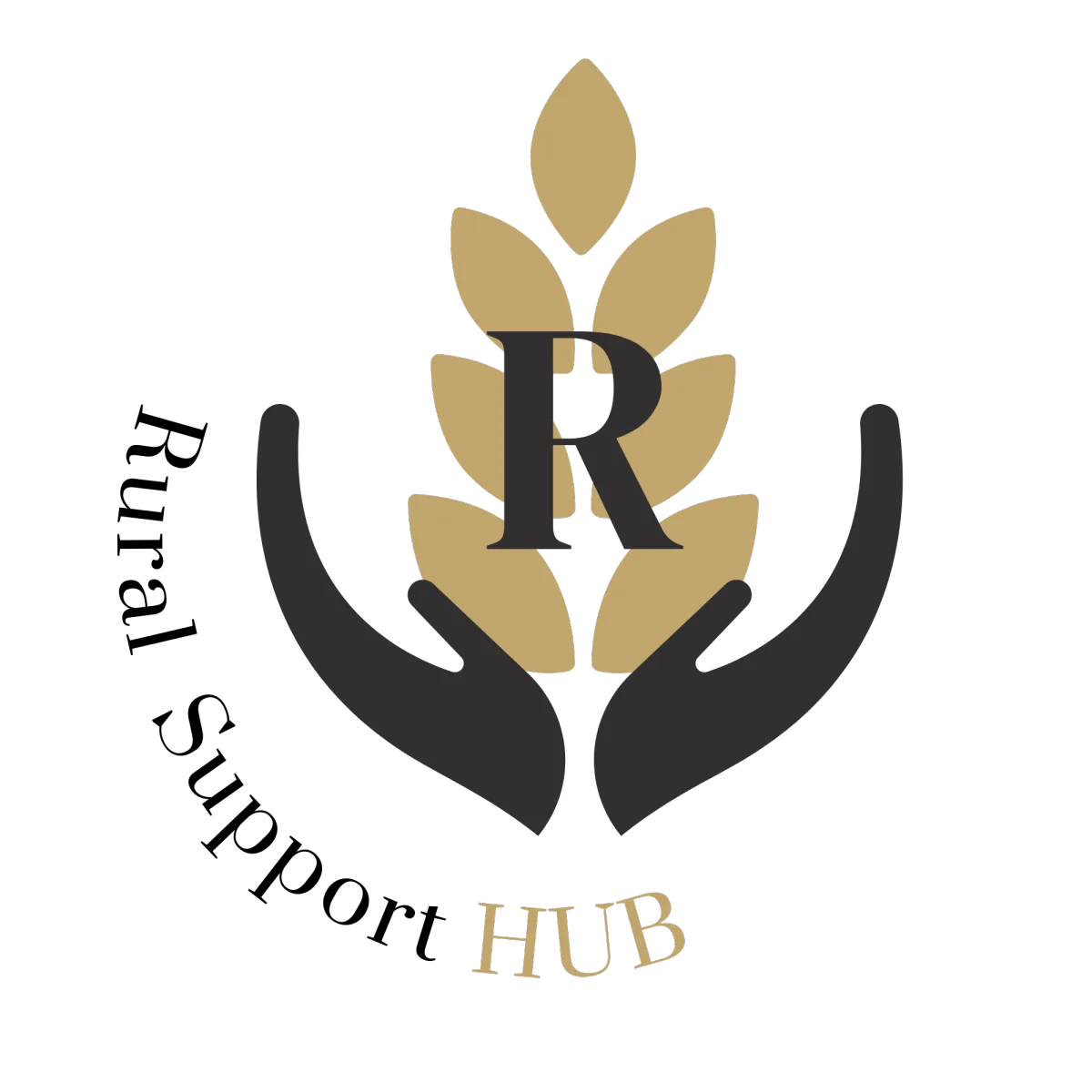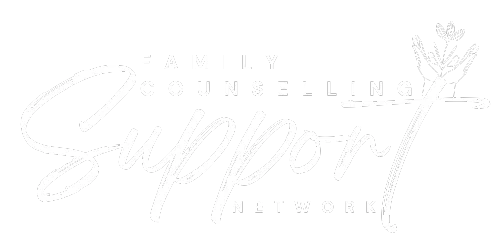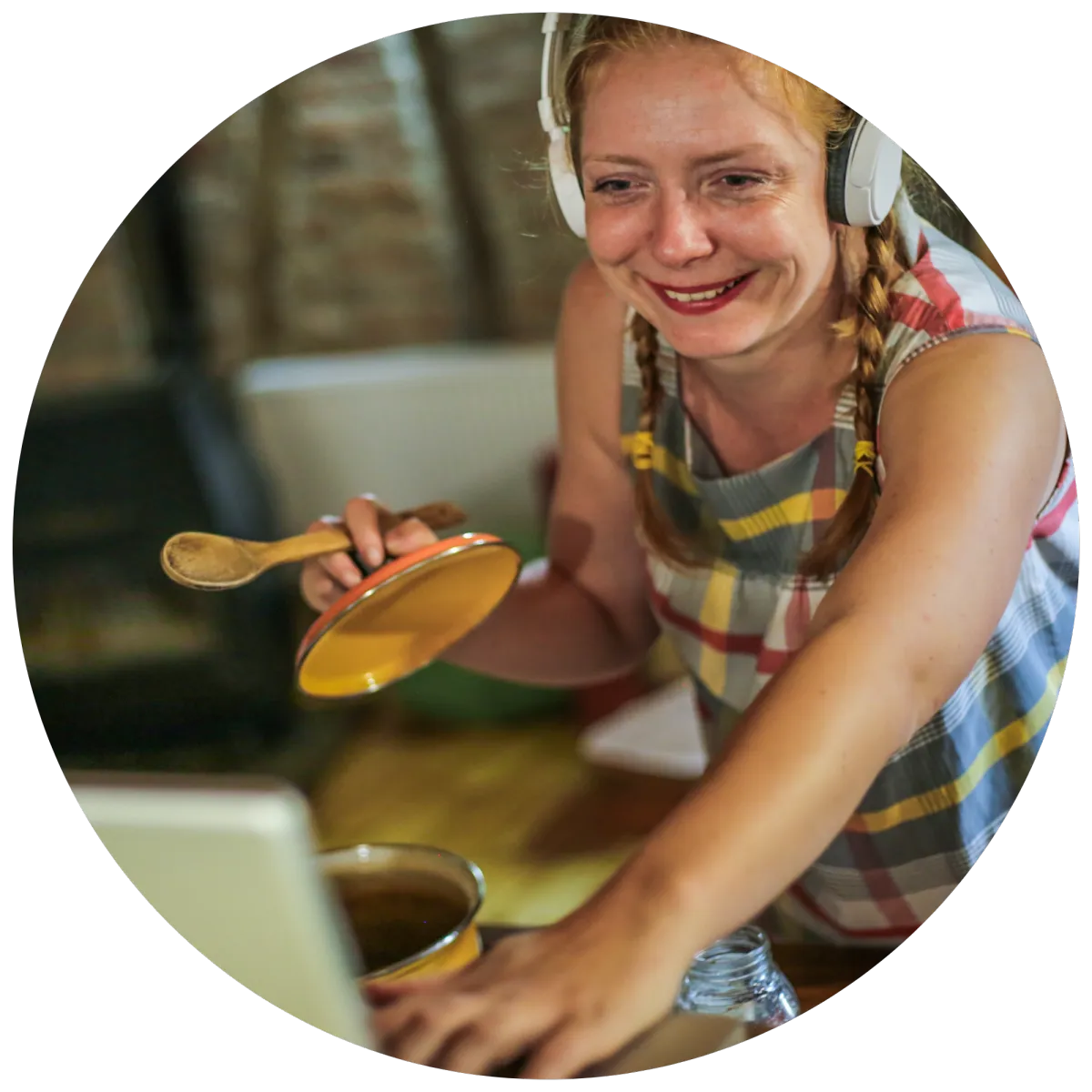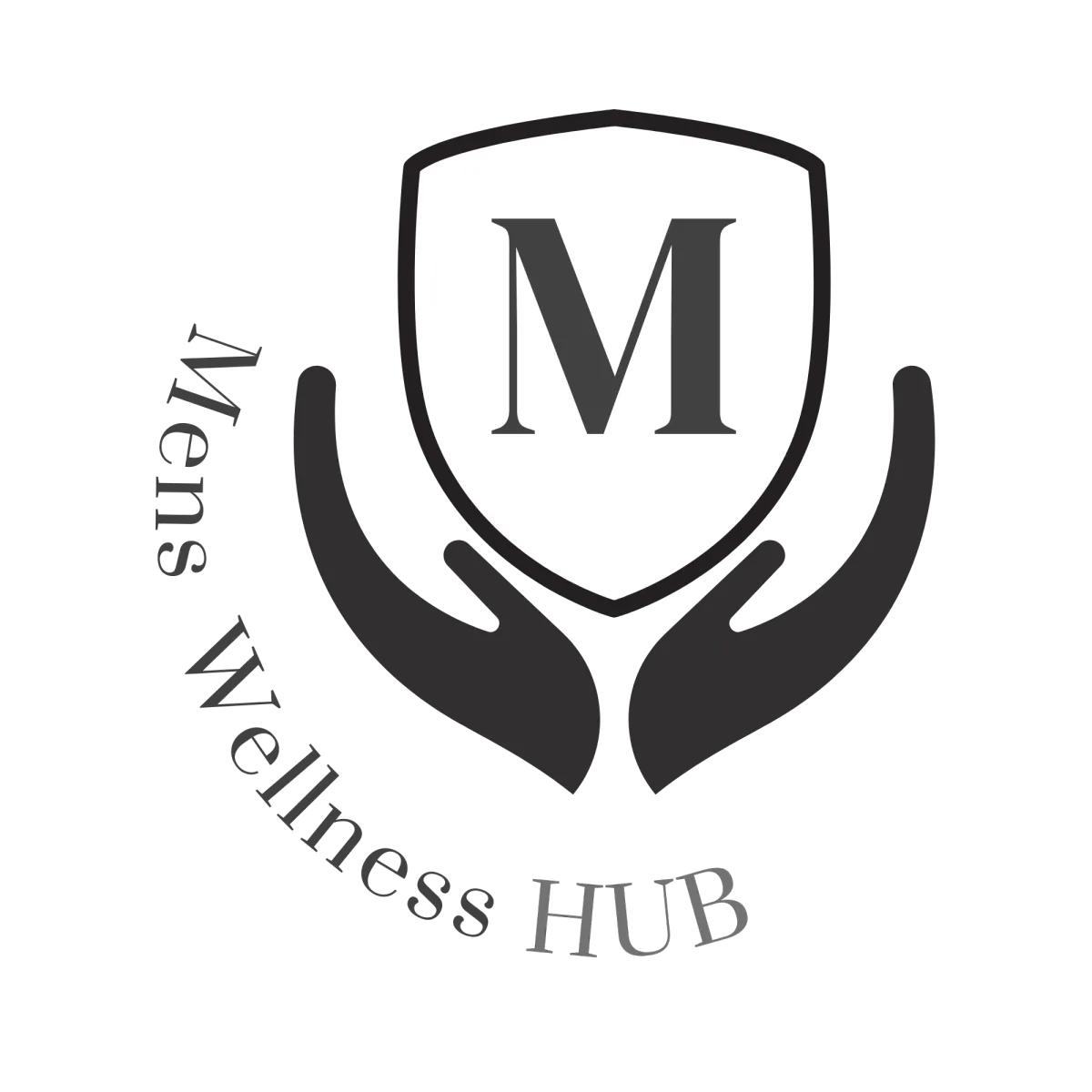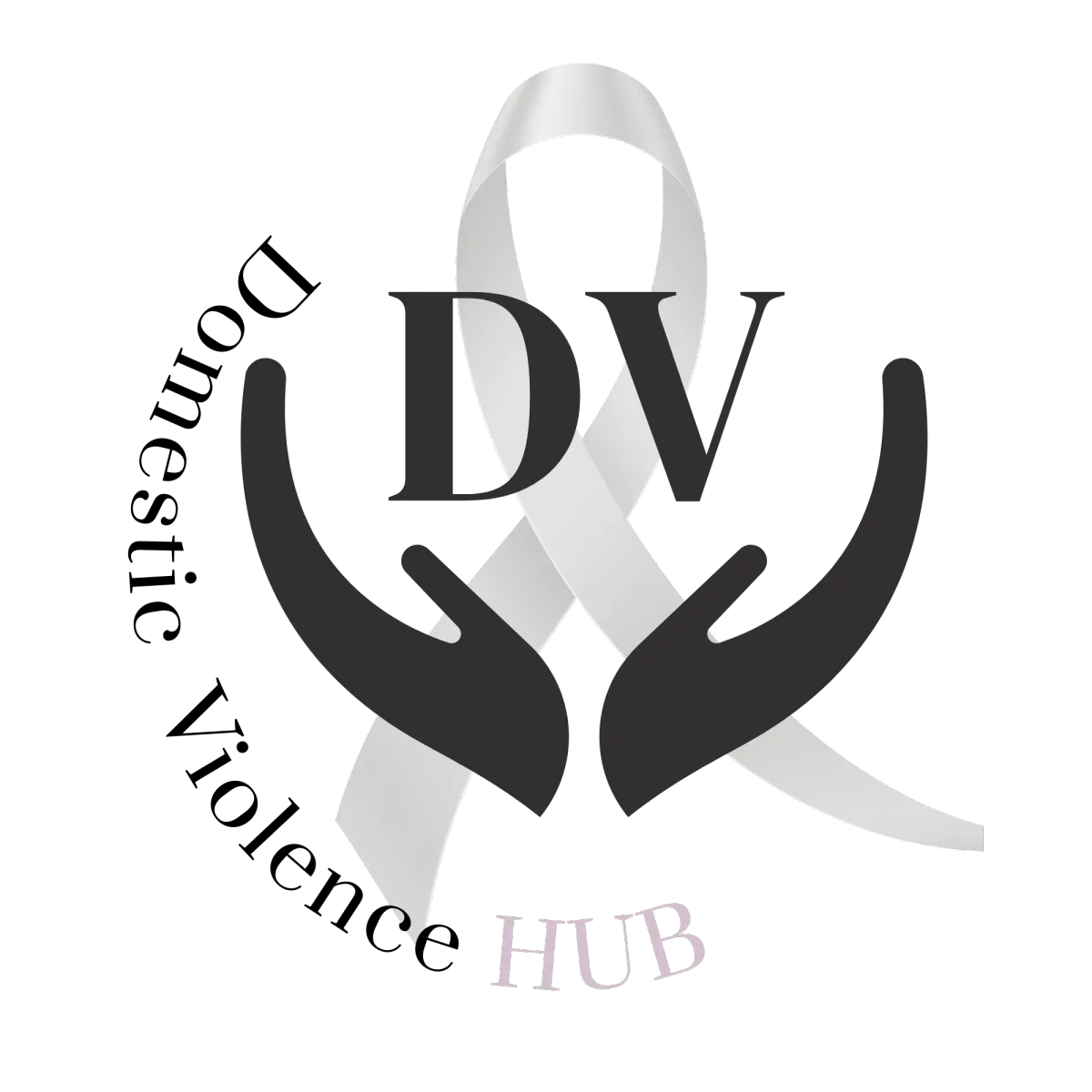Support Courses & Webinars
This website is under construction
Rural Women's Support hub is part of the Family Counselling Support Network company
which offers Australians health and wellness support no matter who, where and why.

Lorem ipsum dolor sit amet. Id ullam voluptates et maiores enim qui nihil iusto ut odit alias ut nesciunt debitis. Et asperiores numquam ex libero eius ab tenetur molestias ut Quis iure. At voluptatem quisquam qui nihil enim qui nemo galisum. Est optio esse et rerum fugiat sed corrupti culpa ea modi dicta est magnam sunt a eius temporibus qui officiis voluptatibus.
Susan, your additional content goes here
Rural Support Courses and Webinar Blogs

Birthing trauma can have major long term consequences on wellness
Last week, Family Counselling Support Network honoured Birth Trauma Awareness Week (July 17-21).
Australian and international research suggests that up to 1 in 3 women identify their birth experience as traumatic (Heyne et al, 2022). Birth trauma happens when women experience events during birth that lead to emotional and psychological overwhelm. These overwhelming experiences can lead to immediate and long-term negative effects on her health and wellbeing (Leinweiber et al, 2022).
Unexpected medical interventions (for example induction, epidural, or an emergency Caesarian section), premature delivery, prolonged and painful labour, miscarriage or stillbirth or other medical complications are experiences that increase the risk of birth-related trauma.
If you have experienced a traumatic birth, you may have felt afraid, helpless or unsupported by those around you during birth. After the birth, you may have been left feeling guilty or numb due to events beyond your control. You could even suffer from panic attacks. If this happens you need to know you are not alone!
We also know that there is often a strong correlation between birth trauma and the likelihood of new mums experiencing some level of postpartum depression or anxiety. Postpartum depression (also called PPD) is a medical condition that many women get after having a baby. It’s characterised by strong feelings of sadness, depressed mood, loss of interest, anxiety (worry), difficulties with concentration, changes in appetite and sleep, suicidal ideation, and tiredness that lasts for a long time after giving birth. It can make it hard for you to take care of yourself and the baby.
A mother experiencing birth trauma and postpartum depression may feel neglected, confused, scared, resentful, unsupported, burdened or exhausted. These feelings can lead to ongoing struggles that complicate being a new parent.
If you are experiencing difficulties pre and/or post-birth, we want to know help is available and we are here for you. You don’t need to suffer alone. We are here for you.
Psychologist, Louisa Mason, has experience working with new mothers with low mood, those who need to process their birth experiences, or who are experiencing anxiety.
Rural Support Hub Directory
This site is brought to you by Family Counselling Support Network
Book in with one of our professionals today
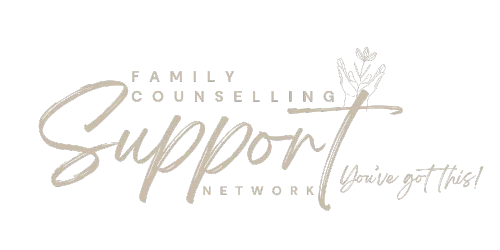
FAQS

We are here to help
Question 1
How can I book your online webinars and courses
Question 2
How can I add our business, event or activity to our directory?

Question 3
How does the parent directory work?


We are committed to protecting your personal information and respecting your privacy. This website uses cookies to analyze website traffic and optimise your website experience. By accepting our use of cookies, your data will be aggregated with all other user data.
DISCLAIMER: The material contained on this website is for general educational and information purposes only and is not a substitute for professional legal, financial, medical or psychological advice or care. While every care has been taken in the information provided, no legal responsibility or liability is accepted, warranted or implied by the authors or Family Counselling Support Network and any liability is hereby expressly disclaimed. For specific advice please contact us at [email protected]. All information contained on the website remains the intellectual property of Family Counselling Support Network and is for your personal educational use only. The information must not be reproduced or distributed without the express permission of Family Counselling Support Network.
Family Counselling Support Network acknowledges and respects the First Nations Custodians of the land where our offices stand, and where we work to help Australians. We pay respects to their Elders, past present and emerging, lore, customs and creation spirits. We recognise that these lands have always been places of ceremony, teaching, research and learning, and we acknowledge the important role Aboriginal and Torres Strait Islander peoples play in our community.
We are committed to providing an inclusive and accessible environment where people and communities of all identities and backgrounds are accepted, safe and celebrated.
Privacy Policy | Terms and Conditions
